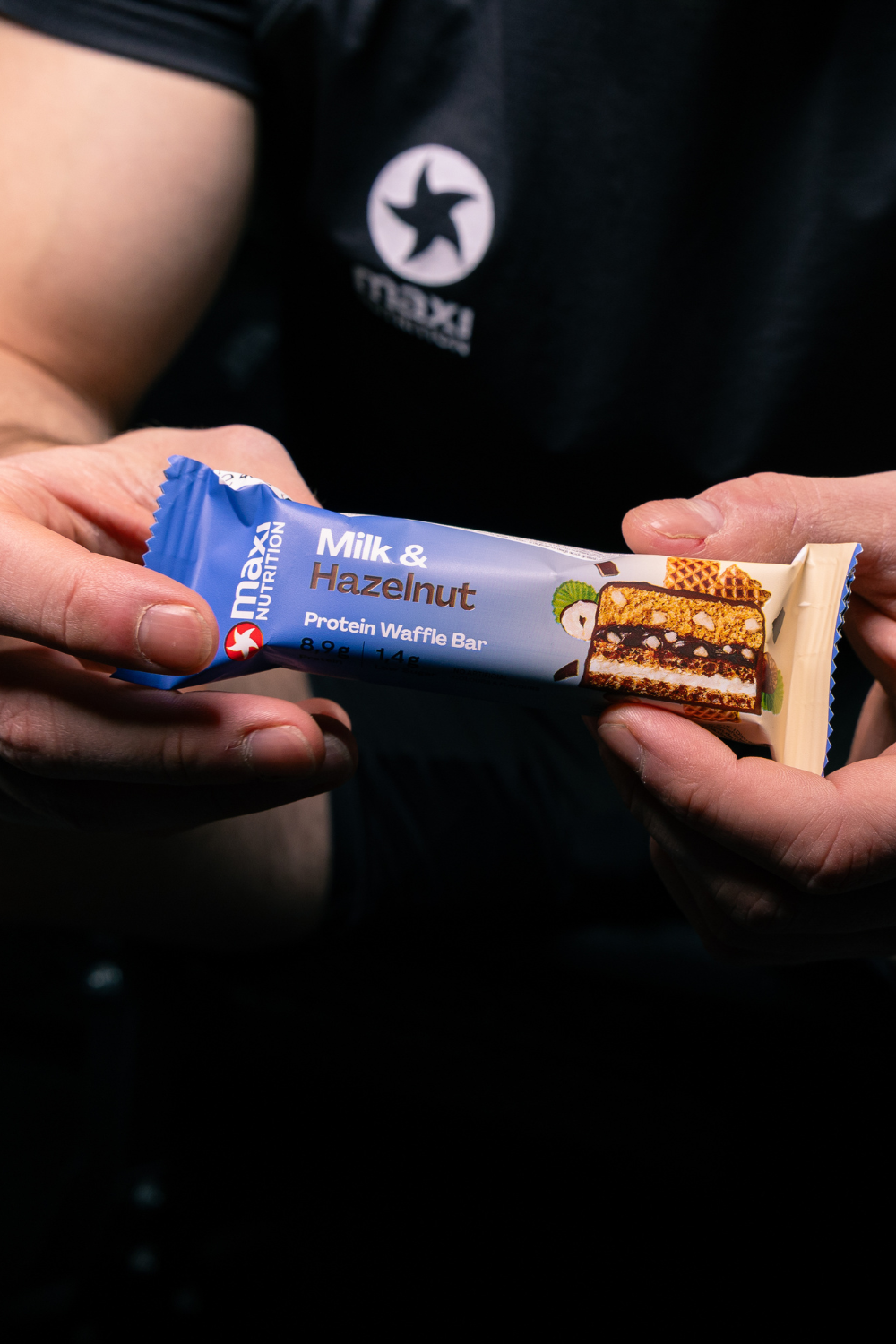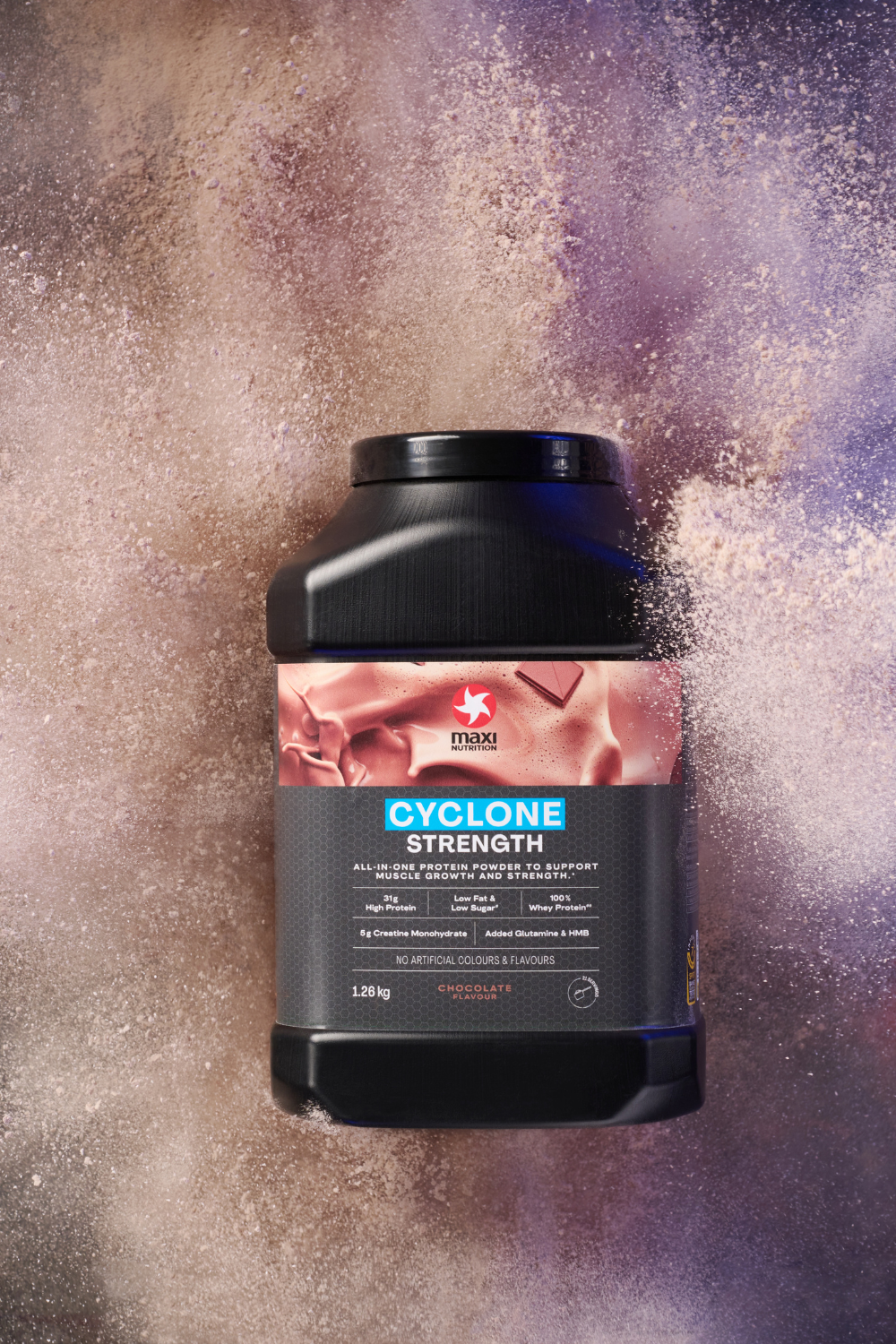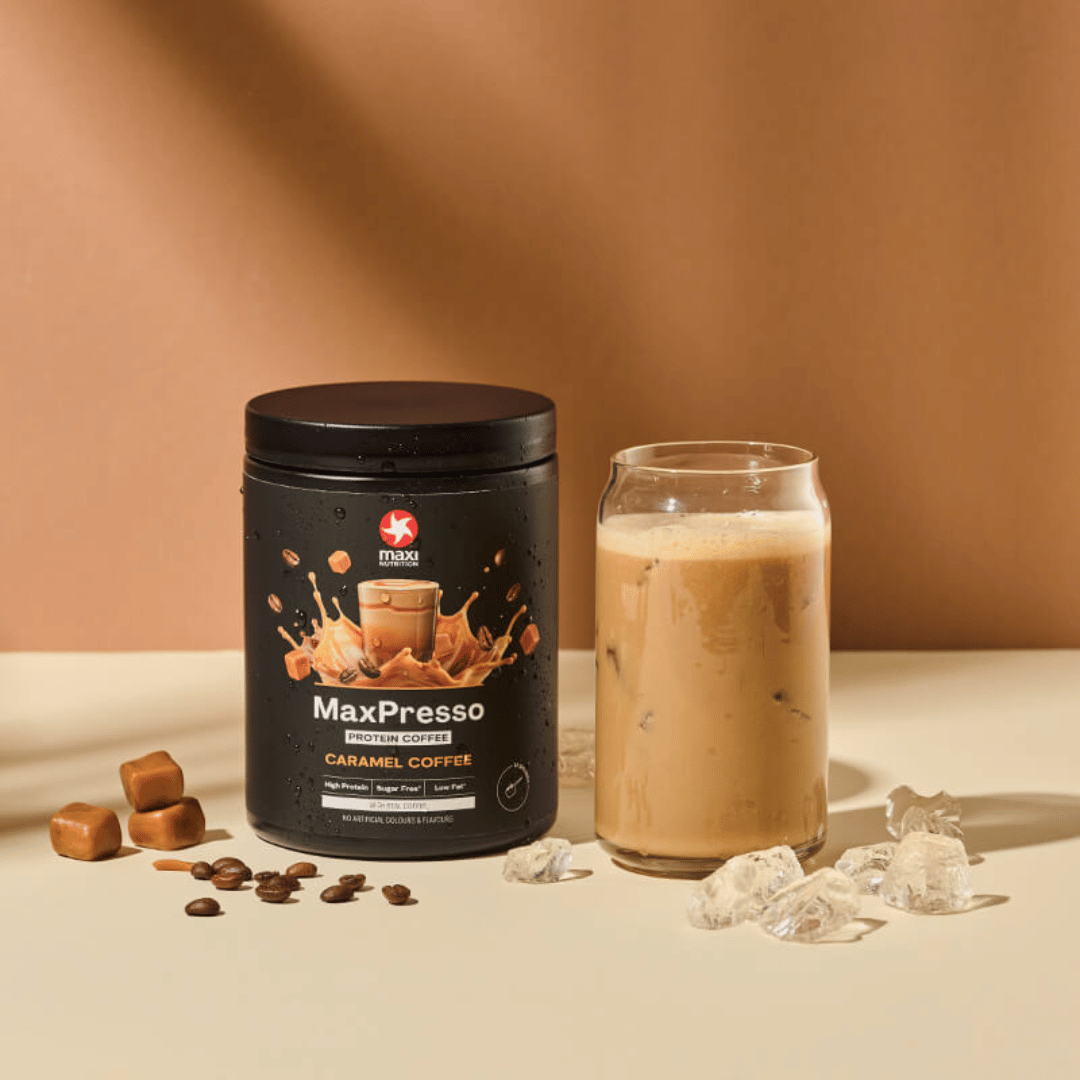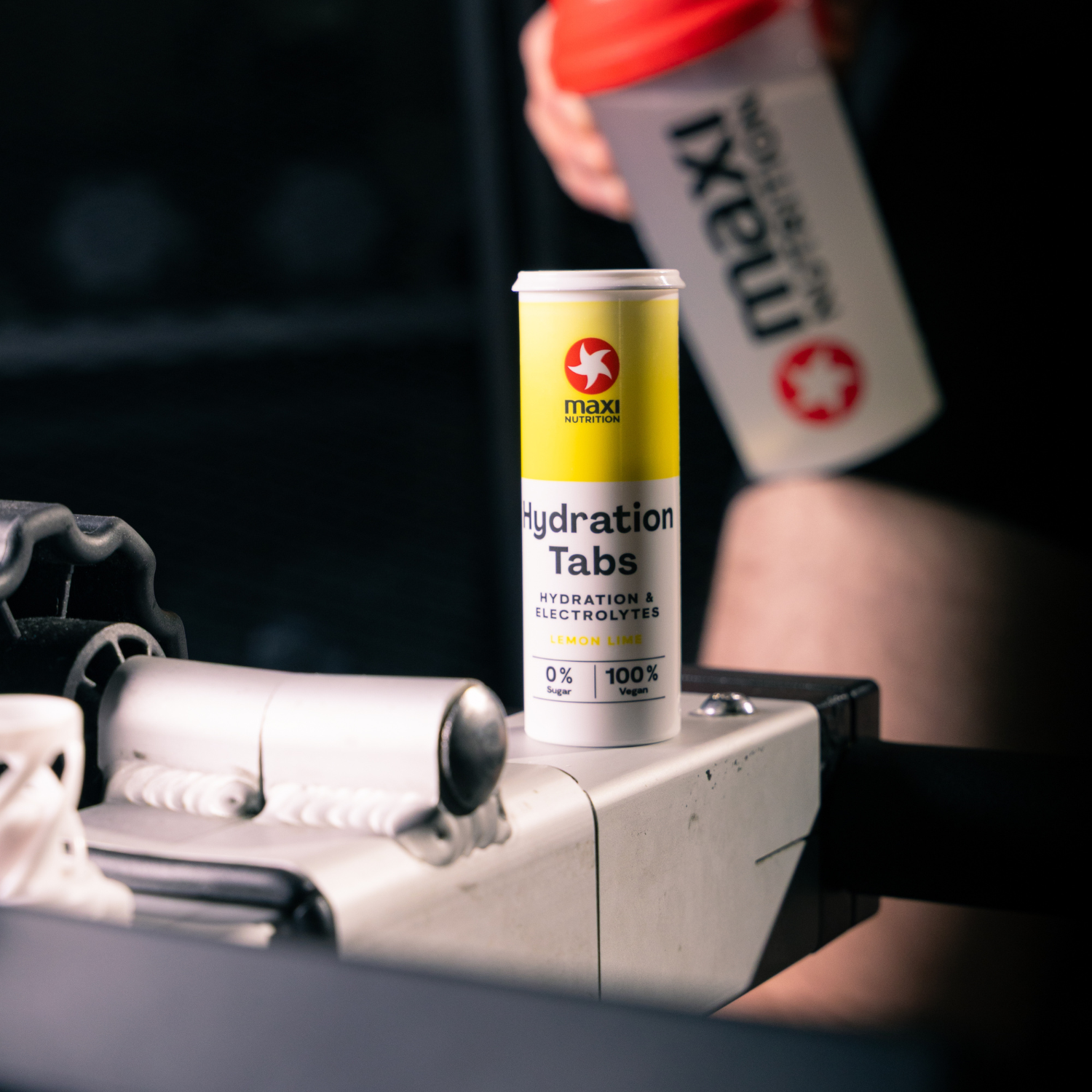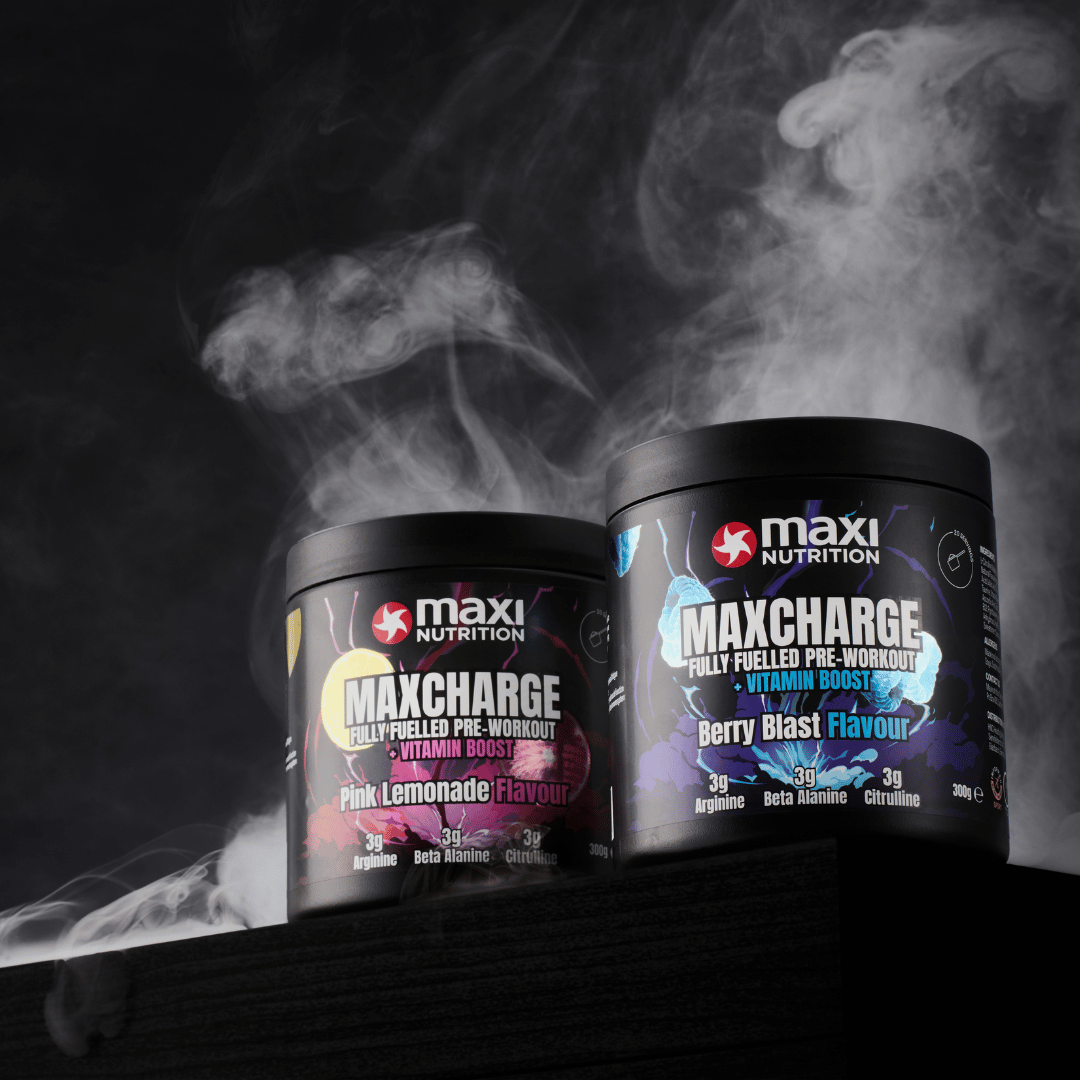Key Points
- Protein consumption will increase muscle protein synthesis (MPS) and provide the appropriate environment for muscle repair and growth.
- Irrespective of whether protein is consumed pre, during or post training, MPS will still be increased.
- Following a resistance or weight training session the body will remain sensitive to protein ingestion for at least 24 hours.
- To help evenly spread your daily protein consumption and ensure you consume the required amount, consuming protein immediately post exercise is a sensible approach in supporting MPS.
Timing is everything
Nutrient timing has once again been put under the microscope, to see whether there is any additional benefit to the timing of consumption, rather than just the nutrients consumed. The International Society of Sports Nutrition first published a position stand on nutrient timing, back in 2008, more recently however, there has been a growing interest in protein within the athletic and exercising population - particularly the timing of ingestion. As such, the ISSN decided to re-evaluate and release an update to the position stand. To be more sport specific, the position stand has split out endurance training from resistance exercise. Let's look at how the ingestion timing of protein can support both forms of exercise:
Endurance Training
Even now, the role of amino acids and protein ingestion for endurance exercise is not greatly understood. Research has shown that ingestion of protein, or more specifically - essential amino acids (the building blocks of protein), during exercise resulted in muscle protein synthesis (MPS) and other signalling proteins to be increased. The perfect environment for muscle repair and growth.
Resistance Exercise
It is well established that protein ingestion, either prior to or immediately following resistance exercise, positively affects MPS and is highly encouraged to help build muscle mass and strength. Perhaps this is slightly contrary to the popular belief that protein should only be consumed post exercise, but in truth it doesn't seem to make a difference, however its worth noting that this will be exercise dependent. For example, it may not be gastric practical to consume higher protein dosages prior to exercise - the key here is consuming protein. In addition, and perhaps particularly interesting for those people with high training volumes, consuming protein whilst exercising may be beneficial. The ISSN do suggest however, that more research needs to be conducted on the amount of protein consumed. It's possible that a difference maybe seen if the protein consumptions were altered, pre, peri and post exercise. Irrespective of the timing, the important point is that enough protein is consumed throughout the day to support muscle hypertrophy. Countless studies have shown that the body remains sensitive to protein ingestion for at least 24 hours, following a weights session. Hence, the consumption of protein being the key. Practically however, the consumption and utilisation of a single dose of protein is finite; as such the general recommendation is to consume protein immediately following exercise.
For more information about how protein supports exercise, check out our Guide to Protein.
Timing is one thing, but what about the protein quantity?
Potentially the timing of protein, in and around exercise is less of an importance, but the ingestion timing and dose across the day is likely to have a greater impact. Research has shown that ~20g of protein should be ideally consumed every 3 hours, to maximally stimulate MPS. A caveat to this would be whether an athlete has a higher muscle mass - synonymous to sports such as American Football, Rugby and Wrestling. In addition, the source of protein and any other co-ingested foods should be considered. For example, whey protein has been shown to be the fastest protein to be absorbed and is extremely popular in the exercising population.
It’s not just about the quantity but also the quality, for more on this click here.
Night time protein
A slight contradiction to the notion of consuming ~20g protein every 3 hours or so, would be taking full advantage of the night time feed. Due to the prolonged fasted period, research has show that consumption of a casein-based drink 30 mins prior to bed and approximately 2 hours after your last protein feed is advantageous to MPS. As casein is slower to be digested a larger volume, around 30-40g of protein should be consumed, as this will provide a trickle feed of protein during the overnight fast.
To support your night time regime try our Micellar Casein. Also could you add, If you would like to know more take an look at our, Casein specific article.


